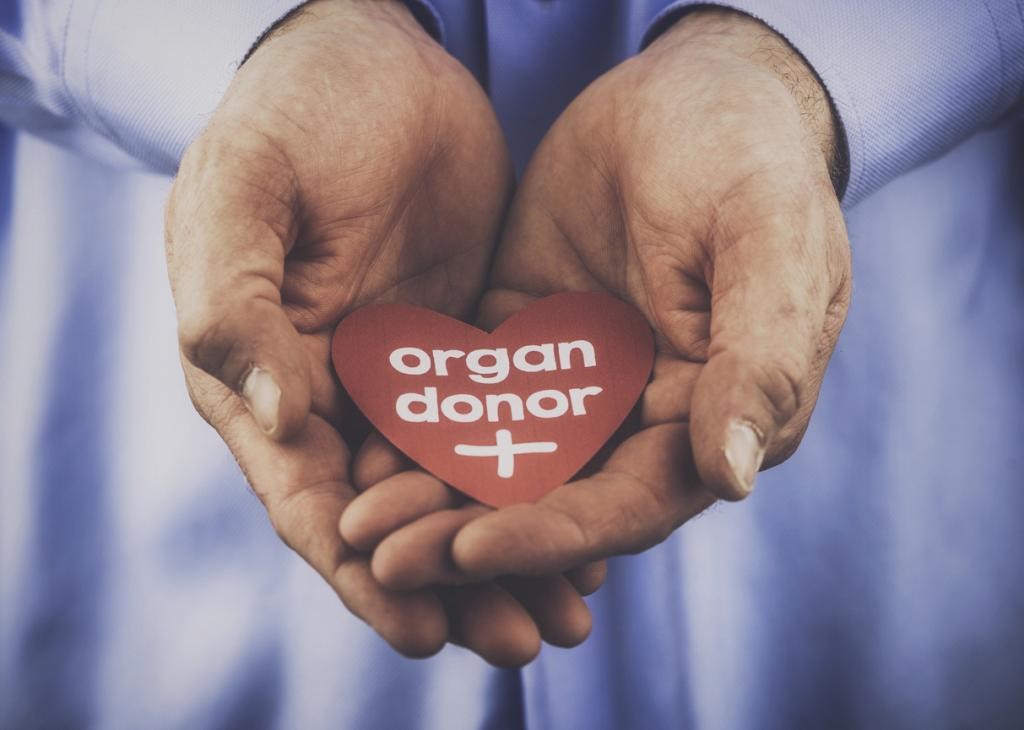Description

Source:
DownToEarth
Disclaimer: Copyright infringement not intended.
Context
- At the 77th World Health Assembly, member states approved a draft resolution aimed at enhancing the availability of organ transplantation, including human cells and tissues.
- This initiative seeks to address disparities in access to transplantation services globally and to promote equitable healthcare solutions.
Details
Key Aspects of the Resolution
Development of a Global Strategy:
- Countries are tasked with formulating a global strategy for organ transplantation, to be presented for adoption in 2026.
- The strategy will be developed with input from an expert committee established under the WHO’s Regulations for Expert Advisory Panels and Committees.
Establishment of World Donor Day:
- The resolution encourages the establishment of a World Donor Day to raise public awareness about organ donation and to promote donations.
Addressing Inequities:
- Despite progress over the past two decades, significant inequities in access to transplantation persist among member countries.
- The resolution emphasizes the need to increase the availability of human cells, tissues, and organs for transplantation, particularly through the development of deceased donation.
Encouragement of Different Types of Donation:
- The resolution encourages donations after the neurological determination of death and, where appropriate, after the circulatory determination of death.
Integration into Healthcare Systems:
- Member states are committed to integrating organ transplantation into their healthcare systems and to considering deceased donation as a routine practice.
- Efforts to prevent the exploitation of living donors and to provide adequate follow-up care are also emphasized.

Current Challenges
- According to the Union health ministry, organ donations in India increased to 16,041 in 2022 from 4,990 in 2013.
- The demand for kidney transplants in India is particularly pressing, with an annual need for 200,000 transplants far outstripping the supply.
- WHO data from the Global Observatory on Donation and Transplantation indicates that more than 150,000 solid organ transplants were performed worldwide in 2022, representing less than 10% of global needs but a 52% increase compared to 2010.
- The COVID-19 pandemic had a profound negative effect on donation and transplantation activities, highlighting the need for resilient healthcare systems
- Insufficient access to transplantation therapies is a root cause of trafficking in persons for organ removal and trafficking in human organs, which pose serious public health risks and undermine human rights.
Must read articles:
WorldHealthAssembly
Organ_Donation
Sources:
DownToEarth
|
PRACTICE QUESTION
Q. The draft resolution approved by the World Health Assembly represents a significant step towards addressing the global disparities in organ transplantation. Discuss. (250 Words)
|
















